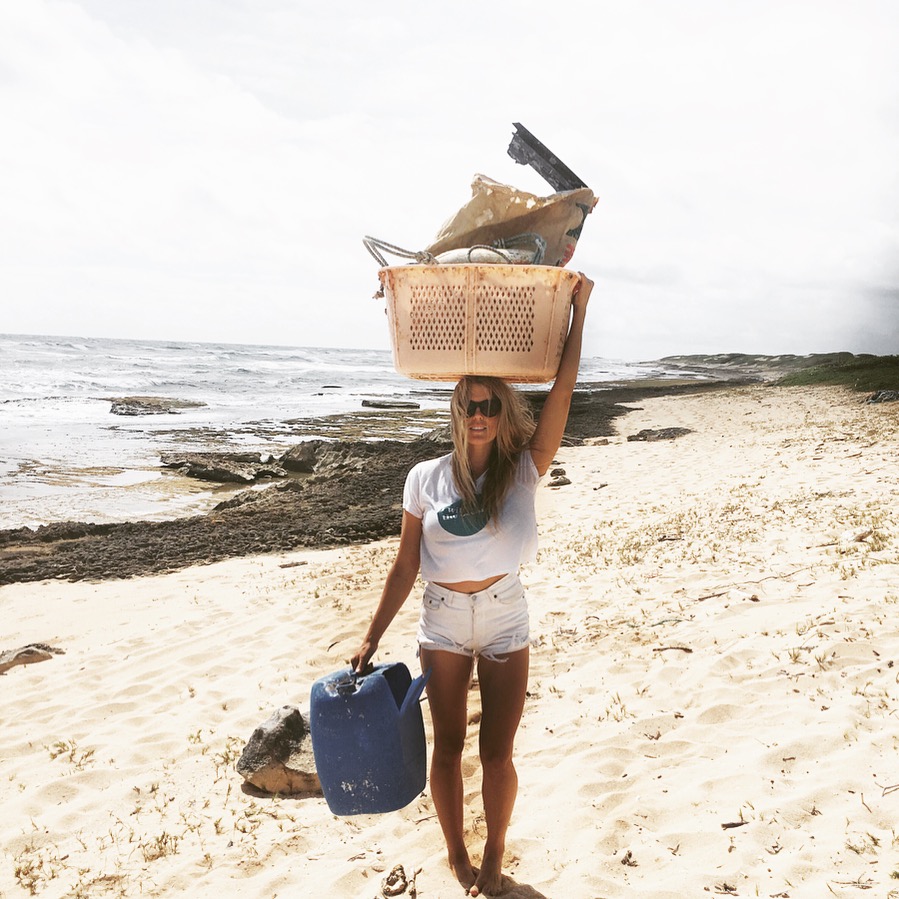Plastic Facts to Inspire Great Change
Here are some hectic stats to support your Plastic Free Journey! Want to turn it up a notch? Write these on scraps of paper & leave them around your workplace, home, or random cafes. Ignite your inner activist and go do some guerrilla solo campaigning.
Write a solution on the back of the paper, so that your activism is inspiring. We have all seen depressing documentaries that end without any solutions. Awareness best leads to change when we can also offer activities to transform the knowledge into action! Good luck & if you go rogue and paint the town green, tag me @plasticfreemermaid so I can see your work!
- Worldwide we use approximately 500 billion single-use plastic bags per year. AKA a million bags every minute or 150 bags a year for every human on earth. Joining the bags end to end they would circumnavigate the globe 4,200 times. Despite bag bans, the number is rising.
Humans make more than 300 million tons of plastic every year, 50% is for single use items.
World wide, 13,000-15,000 pieces of plastic are dumped into the ocean every day. Over 8 million tons of plastic gets dumped into our oceans every year, AKA 1 rubbish truck of waste every minute.
An estimated 46,000 pieces of plastic float in every square mile of ocean.
In 2014 the plastic to fish ratio by weight in the ocean was 1:5. In 2050 the plastic to fish ratio by weight in the ocean is expected to exceed 1:1.
Approximately 1 million sea birds die every year from plastic.
Plastics kill so many animals because they take so long to disintegrate. An animal that dies from plastic will decompose yet the plastics remain. Eventually wash away and another animal could fall victim to the same plastics
There are 5 ocean gyres in the oceans where plastic gathers due to current circulation. These gyres contain millions of pieces of plastic and our wildlife feed in these grounds.
It costs US$4,000 to recycle 1 tonne of plastic bags and you get a product that can be sold on the commodities market for US$32. Recycling has never been a complete solution. It was created to make us feel better about the waste we created as we consumed more and more convenient plastic items. We cannot rely on Recycling, we must simply use less plastics.
For decades China has been the global buyer for recyclables, including all of the US and Australia’s plastics. China stopped accepting our recyclables in December of last year. Most plastics that could be recycled are now ending up in landfill.
Australia alone uses 6.9 billion plastic bags a year; 3.6 billion are plastic shopping bags.
These bags could wrap around the planet 42.5 times.
Australians dump 36,700 tonnes of plastic bag waste (4,000 bags per minute or 230,000 per hour) into the landfill every year.
Each year it costs the Aus government over $4 million to clean up plastic bag litter.
If each Australian family used 1 less plastic bag each week that would be 253 million bags less a year.
Less than 1% of plastic bags in Australia are reused.
Australians spend more than half a billion dollars a year on bottled water.
Producing and delivering a litre of bottled water can emit hundreds of times more greenhouse gases than a litre of tap water.
1 L of bottled water is more expensive than 1 L of petrol.
Australia’s annual use of bottled water emits over 60,000 tons of greenhouse gas emissions, equal to what 13,000 cars generate in one year.
Just manufacturing 1 ton of PET (Polyethylene terephthalate) produces ~ 3 tons of CO2. More energy is used to fill, transport, refrigerate, recover, recycle or dispose of the bottles & caps.
We are too late to properly clean it up. We are too late to undo the past decades of waste. We can prevent further pollution. We can drastically alter our personal contribution. Give up as many plastics as you can. You can do it! I did.



